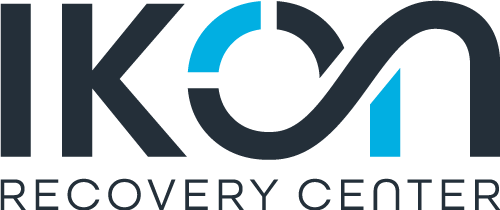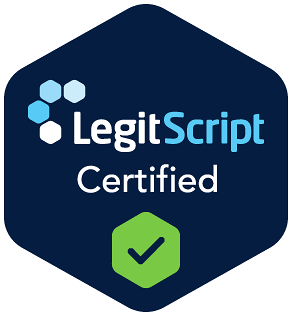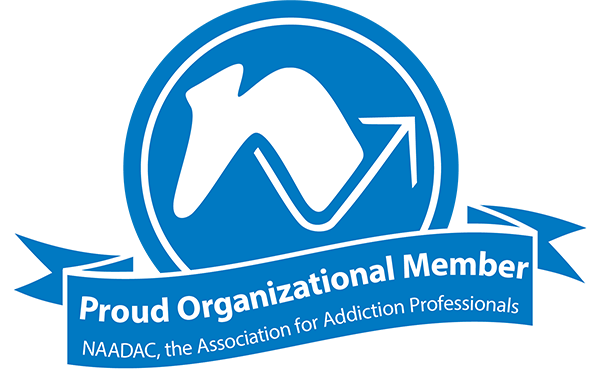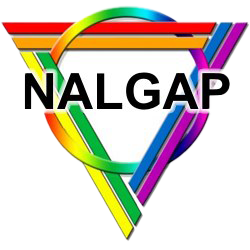Treatment for PTSD and Addiction in New Jersey
Surviving a serious car crash, tours of military service, or any type of assault can put a permanent stamp of fear on daily life. Countless New Jersey residents end up turning to substance abuse, like alcohol or heroin use, to help quiet the racing thoughts or suppress constant nightmares and hypervigilance. It may work for a short while, but eventually, that turns to dependence that only worsens existing anxiety and disrupts what little sleep might be possible. This leads to hospital visits featuring panic, flashbacks, and withdrawals.
Treating PTSD and addiction in New Jersey as separate issues can leave trauma unaddressed and raw, while cravings are still raging. Integrated treatment provided from a trauma-informed position can more easily calm the nervous system while memories are processed safely, and routines are created that can help sustain long-term recovery.
How Trauma Fuels Substance Misuse
Post-traumatic stress disorder is a condition that keeps the brain on high alert at all times. This means startling at loud sounds, replaying traumatic scenes or traumatic events in nightmares, or just experiencing a general feeling of detachment from friends and loved ones.
Substances hold the promise of quick relief, with alcohol slowing hyperarousal, benzodiazepines numbing the intense flashbacks, and stimulants ramping up hollow motivation.[1] While they’re each functional at the beginning to a small degree, each subsequent dose teaches the brain to self-medicate, furthering the cycle that links PTSD and addiction.
Over time, a substantial tolerance grows, withdrawals mimic conventional anxiety, and substance use becomes another major trigger. Lacking trauma-informed therapy that rewires memory and teaches better emotional regulation, both conditions reinforce the other without limit.
